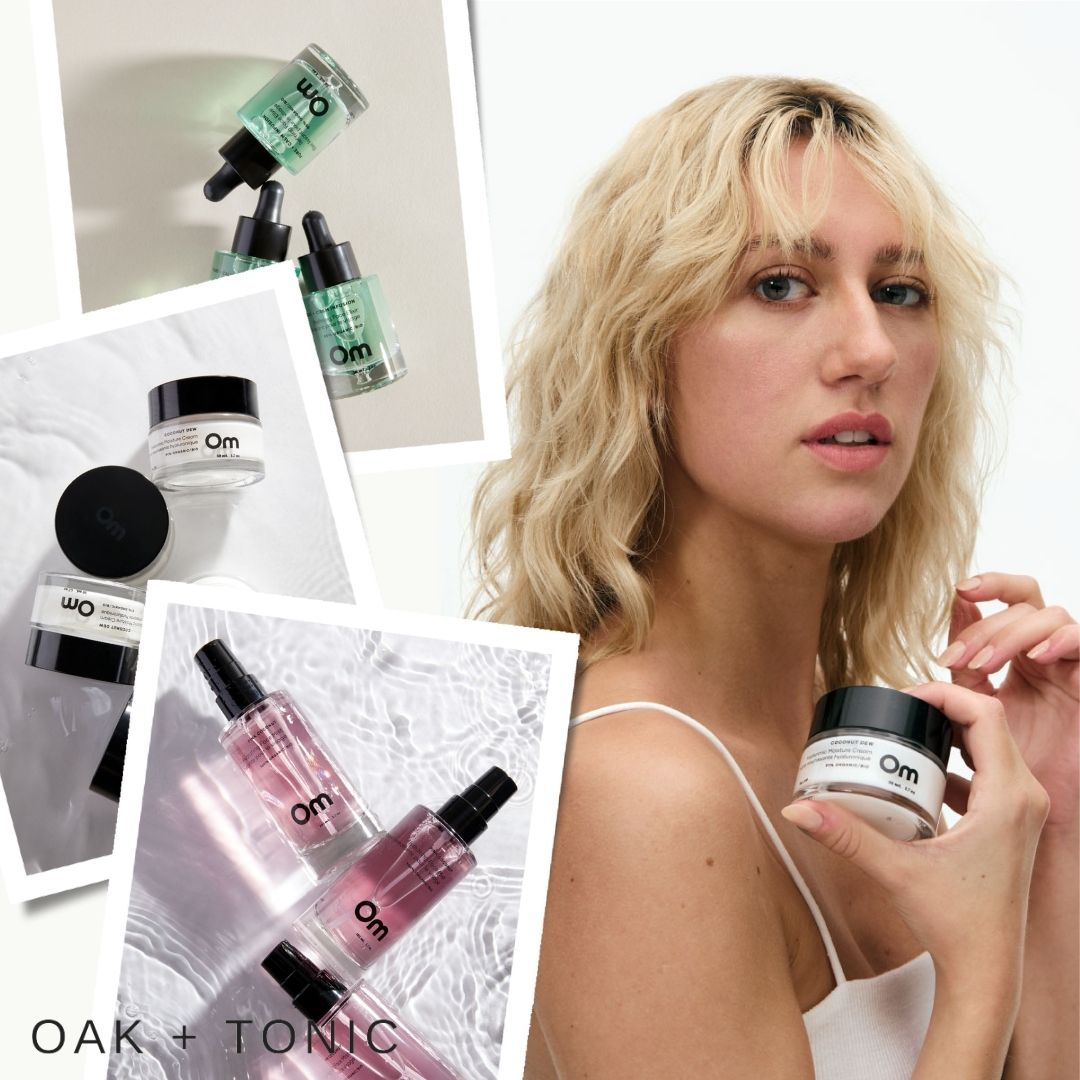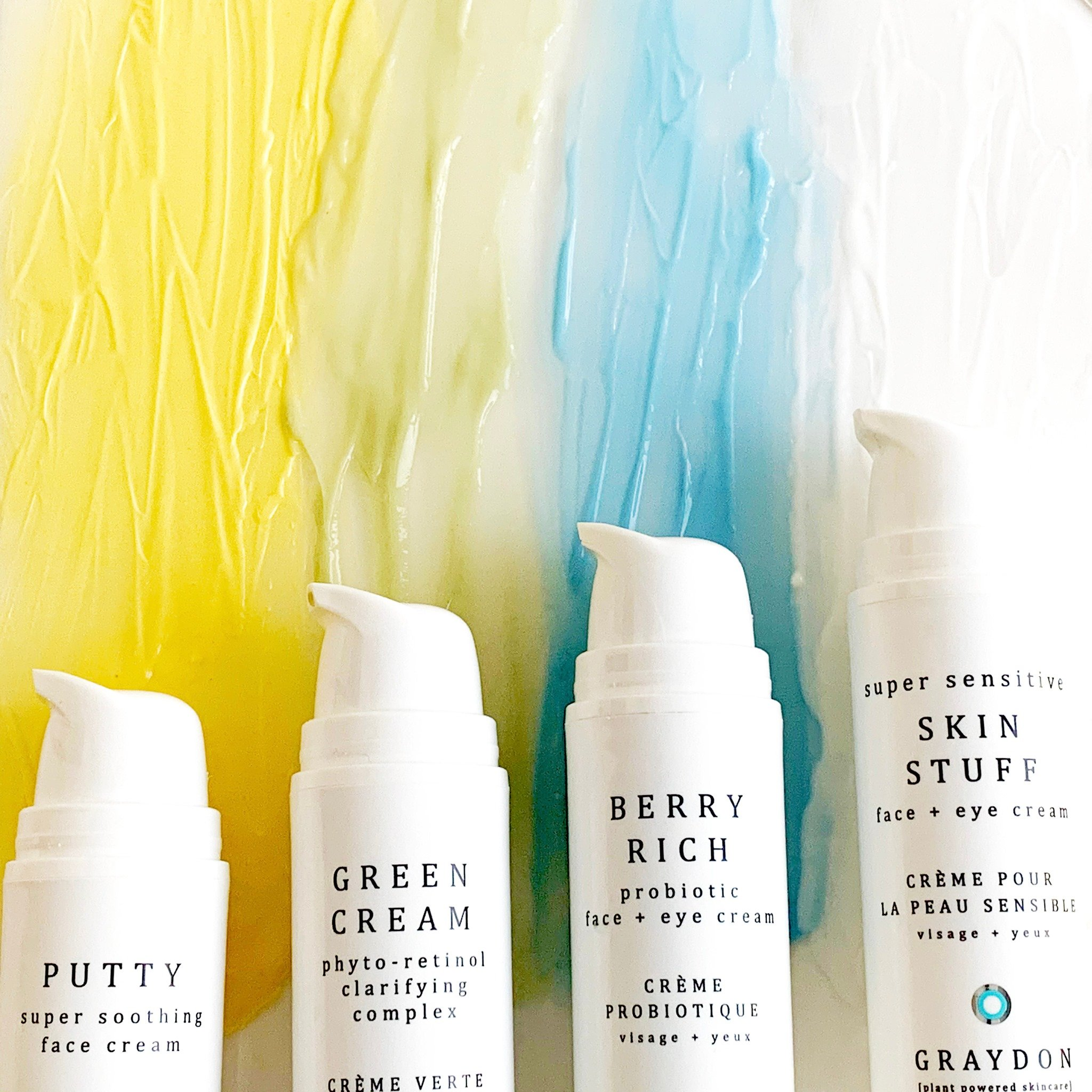How to Stop Worrying About Skin Hyperpigmentation
What Is Hyperpigmentation?
Everyone is talking about it, but what is hyperpigmentation? The National Cancer Institute defines hyperpigmentation as a harmless condition where spots or patches are darker than your overall complexion. Hyperpigmentation comes in many shapes and sizes, often in the form of freckles and dark spots on your face or body.
"Hyperpigmentation is an important indicator of issues happening in the skin," states Dr. Robert Morrell, founder of Medical Rejuvenation Centre, Di Morelli Skin Care and the MRC Advanced Laser Institute. When you start to notice brown spots or dark spots, it is "an indicator that your skin is not as healthy as it could be and that damage has been done," he explains.
But why does it occur? What are the causes of skin hyperpigmentation, and how can you avoid them? Hyperpigmentation happens because of an increase in melanin in response to stressors. "We all have melanin in our skin," explains Dr. Morrell. "Melanin is naturally produced by melanocytes to help protect us against the sun. But when these melanocytes are injured, those cells produce abnormal amounts of pigment which show up as brown spots on your skin." You may experience hyperpigmentation because of excess sun exposure, hormonal changes caused by stress or pregnancy, melasma, skin trauma, friction or inflammation caused by hormonal acne and stubborn breakouts.
The Biggest Myth About Hyperpigmentation
There are a lot of myths and misconceptions about hyperpigmentation, right? But one of the biggest confusions is whether hyperpigmentation is an ongoing struggle or just something that will happen to you only once in your life. Unfortunately, hyperpigmentation is an ongoing issue that you may experience at different points in your life. The good news? There are plenty of effective skin care solutions to choose from.
Clinically Proven Skin Care Solutions
Now that you have a clearer understanding of hyperpigmentation, what can you do about it? Well, there are plenty of effective skin care products out on the market specifically designed for hyperpigmentation treatment and reducing uneven skin tone. For example, the revolutionary Vitamin C Serum for Face and Eye from Di Morelli Skin Care is clinically proven to even out your complexion and repair harmful sun damage. The serum "not only absorbs and removes superficial brown spots but also goes to the source of hyperpigmentation and stops abnormal amounts of melanin from being produced by melanocytes," explains Dr. Morrell. Another reason people love it is because the formula is strong enough for your face and stable enough for the delicate skin around your eyes. Versatile and safe, it is the perfect choice for anyone who wants a more radiant and balanced complexion.

Looking for another reliable solution to even out your skin tone and reduce hyperpigmentation? Choose a quality retinol serum or a brightener serum to decrease the synthesis of pigment and inhibit melanin production. The exfoliating Brightener Serum from Di Morelli Skin Care brilliantly combines kojic acid, lactic acid and azelaic acid so you can safely lighten your hyperpigmentation.
"The treatment of hyperpigmentation can look different for everyone," states Rebekah, Product Development Manager at Di Morelli Skin Care. "But one thing that remains consistent is the importance of sun protection. Sunscreen containing SPF 30 or higher should be worn daily to prevent hyperpigmentation, even on cloudy days."
How to Prevent Hyperpigmentation During the Cold, Dry Months
For so many of us, colder weather means dry skin. The air is less humid, the temperatures are lower and your skin is not impressed. Dry skin can get irritated pretty easily, which quickly leads to inflammation and hyperpigmentation. You may also be more prone to acne breakouts and inflamed or irritated skin during those colder months, which means even more hyperpigmentation. But it does not have to be that way. By protecting your skin from dryness and irritation, you can avoid causing excess hyperpigmentation during the change in seasons. We recommend focusing on hydration and moisturization as the backbone of your daily skin care routine. Keeping your skin healthy and hydrated will keep you safe from irritation or inflammation... and the hyperpigmentation that comes with it.
Your Journey Toward Healthy, Beautiful Skin
So what is the big takeaway when it comes to hyperpigmentation? "We should look at brown spots as a signal that we are hurting our skin," emphasizes Dr. Morrell. Whether you're dealing with inflammation or sun damage, those dark spots are a way for your body to communicate that something is off. "It is up to us to protect our skin as best we can by using sunscreen, staying out of the sun, and avoiding the toxins of life."
Written by CJ McGillivray

















Leave a comment